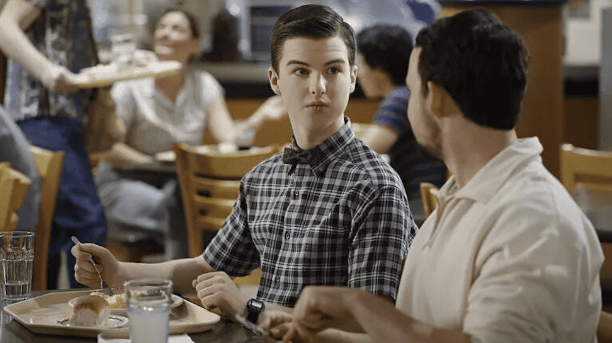
Anyone, even a little online, knows the truth: Young Sheldon is undoubtedly popular with the savvy masses of X (formerly Twitter). And that stands in sharp contrast to The Big Bang Theory, the Nickelback of cable television.
Young Sheldon Finale Is A Smash
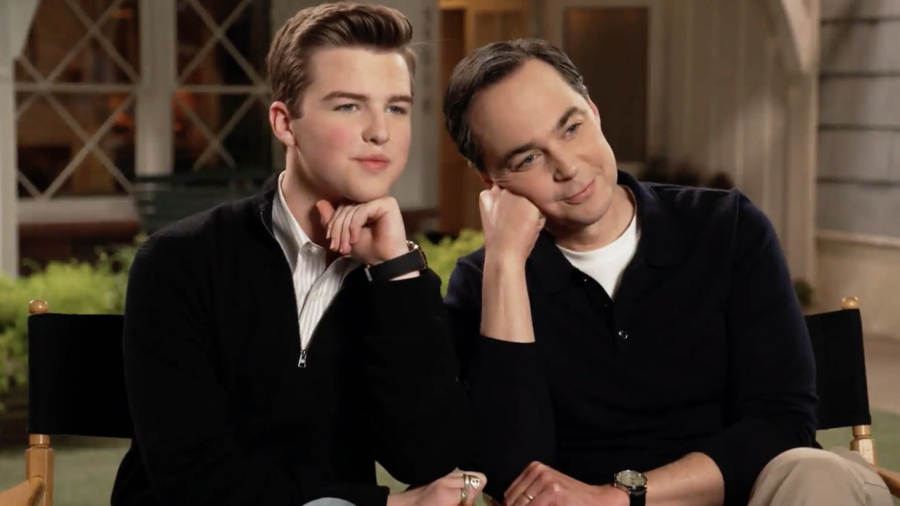
Young Sheldon‘s adoration on social media actually makes sense given the show’s vast overall appeal; almost nine million people, for example, watched the series finale–one of the most viewed TV episodes of all time.
On X, posters clamored to respond to this finale as if it were the last episode of The Sopranos or Seinfeld. Some shared their favorite clips from the series, others claimed the show is better than Jujutsu Kaisen and countless stans generally engaged in emotional, post-finale catharsis.
This might seem uncanny–perhaps evidence we live in some alternate dimension.
Young Sheldon Is A Great Show
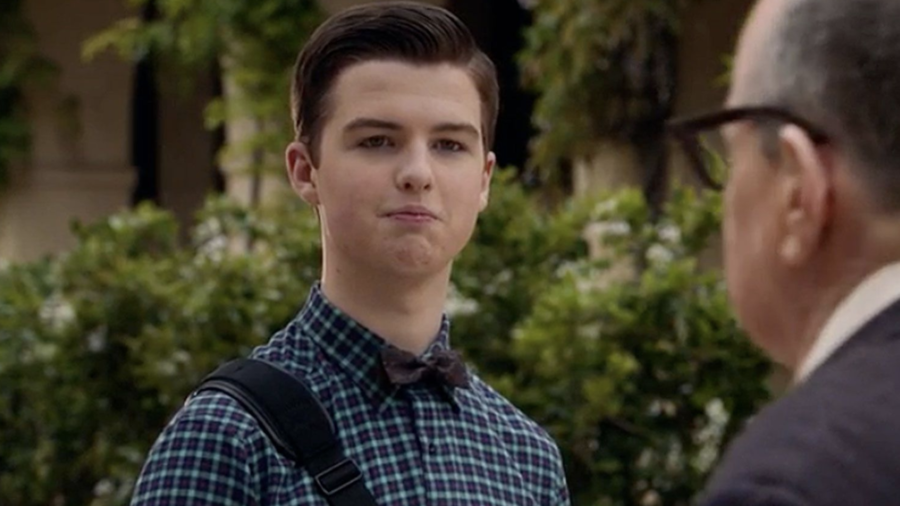
However, it’s all easily explained by the fact that Young Sheldon is simply—bafflingly—a compelling show, one that earned audiences the old-fashioned way: by delivering them engaging content.
Indeed, emerging as an unexpectedly strong contender, the prequel to The Big Bang Theory carved out its own special place in the otherwise cluttered TV landscape. The series’ merits became abundantly clear for millions of viewers, and the show–on a sheer quality level–surpassed its predecessor with apparent ease.
That said, regardless of quality, The Big Bang Theory commanded huge viewership and a devoted fanbase (a continually depressing fact).
The Big Bang Theory Too Irksome And Nerdy
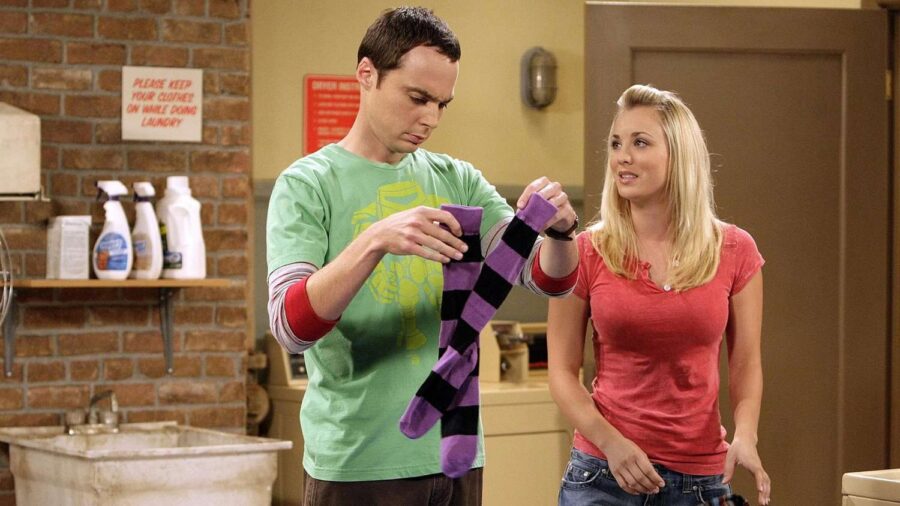
Viewership numbers aside, The Big Bang Theory tended to polarize, too, relying heavily on somewhat irksome nerd culture tropes and canned laughs. Young Sheldon, however, provided a fresh and nuanced sensibility—one securing fandom from even those skeptical of the original show.
For those unfamiliar with the cable and streaming series, it comprised a prequel covering the formative years of boy-genius Sheldon Cooper, a character famously portrayed (as an adult) by Jim Parsons.
The series chronicled the adventures and misadventures of the young, brilliant version of the character, played by the formidably talented Ian Armitage. Through Armitage’s studied portrayal, viewers joined Sheldon as he navigated high school at the tender age of nine.
Unique Characterization
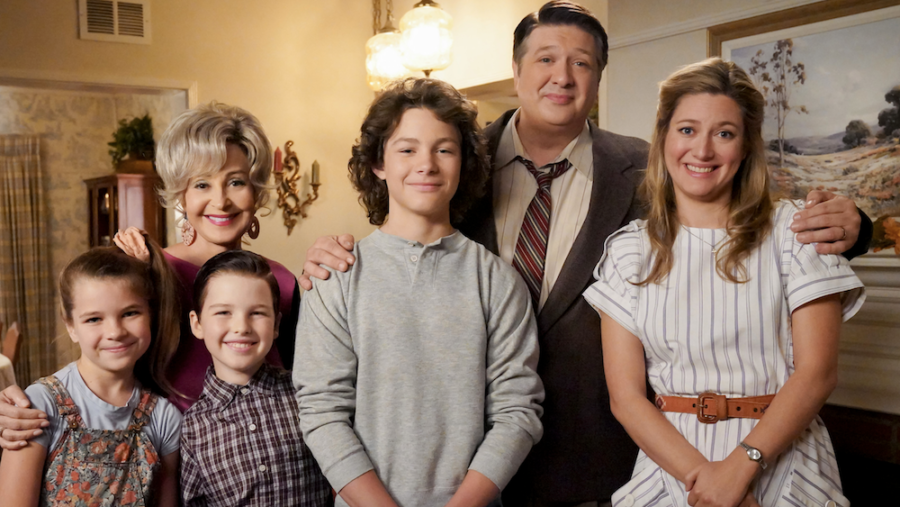
One of Young Sheldon’s standout aspects, differentiating it from other lesser series, was its unique approach to characterization; rather than a changing, evolving character, Sheldon was generally static and obnoxiously, almost unlikeable so.
His commitment to being a brainy know-it-all, a kind of behavioral anchor, acted as a springboard for the rest of the characters to develop credibly and meaningfully.
His parent, played by Zoe Perry and Lance Barber, enjoyed substantial storylines, as did his siblings.
Easy To Love

This probably resonates with the harder-to-please and more demanding mob on X. In a world where memes reign supreme, the impressive screenwriting and memorable characters lended themselves well to viral GIFs and retweets.
Just look at the posts dedicated to and inspired by young Sheldon’s father, George, a sympathetic, albeit complex character—and a runaway fan favorite. And Sheldon himself, while inflexibly annoying to those around him, was nonetheless multi-faceted.
Young Sheldon Is A Relatable Comedy

The show’s mixture of notable writing and unique characters (and perhaps the sheer surprise factor, the momentum inspired by realizing: the prequel to The Big Bang Theory is actually good?) enriched the series’ balanced tone, itself a contrast to the original show’s rapid-fire jokes and ham-fisted character quirks.
Ultimately, Young Sheldon’s subtlety and character-driven content made for a relatable comedy. The end product was a poignant series, supplying resonant moments by counterbalancing Sheldon’s intellectual largess with his legitimate social challenges.
It all, additionally, provided perfect fodder for memes, apparently.